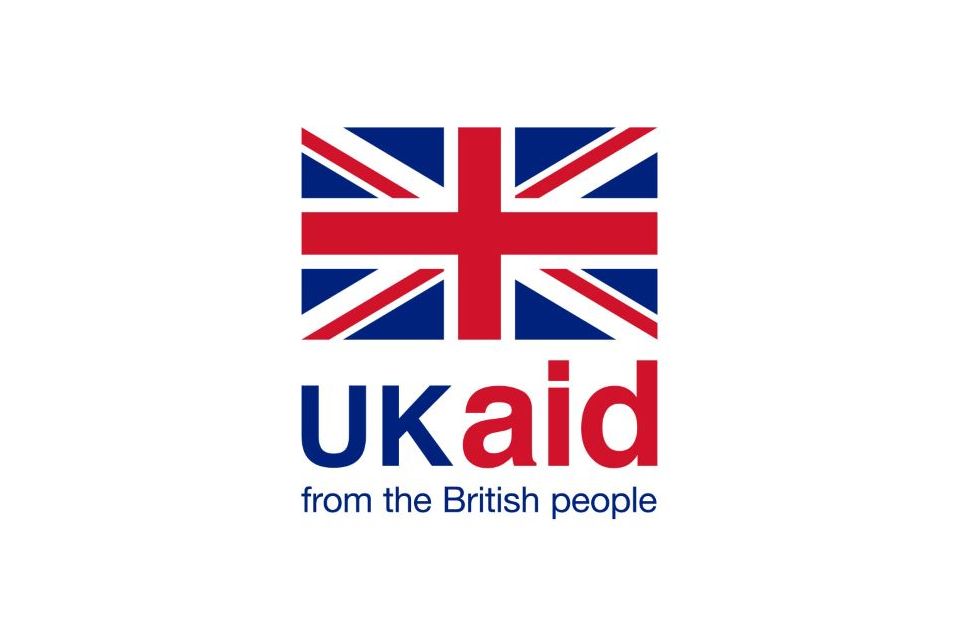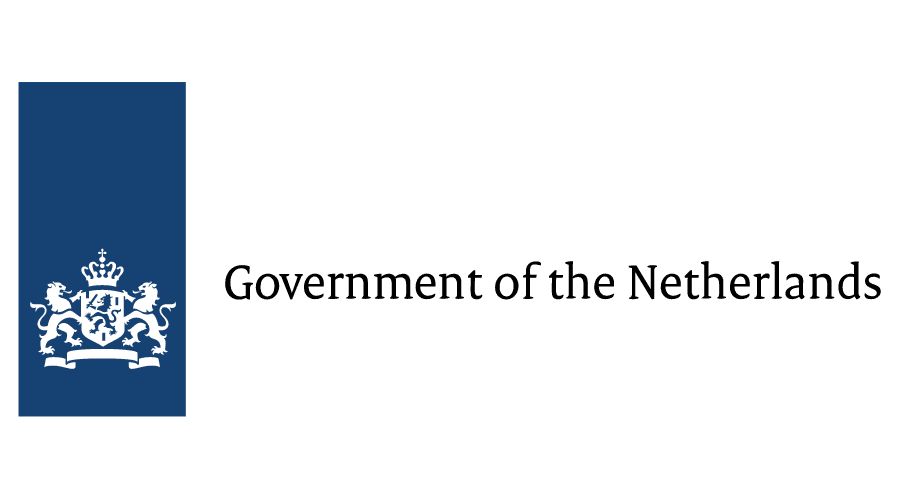Women entrepreneurs are poised to transform their local economies and contribute significantly to the global economy.
Expansion of the SME sector is critical to boosting employment and reducing poverty in low income countries. Yet SME owners in these markets face significant challenges in building their businesses, from the high cost of doing business and the pervasiveness of the informal economy, to a lack of supporting infrastructure and skilled capacity. However, at the top the list of challenges for SMEs in most emerging markets is a severe lack of access to finance, which can greatly limit their ability to invest in growing their businesses and hiring additional employees.
This is particularly true for women-owned businesses. Women entrepreneurs are poised to transform their local economies and contribute significantly to the global economy. However, women face numerous challenges to accessing markets, financing, owning and growing a business, including access to capital and technology, lack of networks and knowledge resources, limited market linkages, challenging social and cultural norms, as well as legal and structural barriers.
Although banks in some markets are starting to move into SME lending, some segments are still underserved. This includes SMEs in fragile and conflict-affected markets, women-owned businesses, education and health-care SMEs, and firms in rural markets.
SME and Gender blended finance facilities offer guarantees to lower the risks faced by financial institutions moving into SME markets They also provide dedicated credit lines to reach specific segments—including women-owned SMEs—and performance incentives to motivate financial institutions grow their SME portfolios.
Global SME Finance Facility
The Global SME Finance Facility (GSMEF) is a blended-finance partnership focused on helping to close the financing gap faced by SMEs in emerging markets. By providing investment and advisory services to financial institutions, the Facility helps them expand lending to SMEs in challenging markets and segments. The Facility focuses on the most underserved SME segments that are not normally reached by financial institutions. These include SMEs in fragile countries, Very Small Enterprises, climate-smart SMEs, and women-owned SMEs. In addition, the Facility aids governments to improve their nations' financial infrastructure, thus enabling capital to flow more efficiently to SMEs.
A global partnership, the Facility was launched in 2012 in response to a G-20 call for expediting SME financing and growth,and aims to generate one million new jobs in the SME sector. To support this growth, the facility provides funding, risk mitigation and advisory assistance to financial institutions. This helps institutions expand lending to SMEs in challenging markets and segments. In addition, the facility aids governments with improving their nations' financial infrastructure, enabling capital to flow more efficiently to SMEs.
GSMEF is funded by the following government partners: UK Foreign, Commonwealth & Development Office (FCDO) and the Netherlands Ministry of Foreign Affairs.
Donors
Videos
Women Entrepreneurs Finance Initiative (We-Fi)
The International Finance Corporation Women Entrepreneurs Finance Initiative (IFC We-Fi) program, a part of the World Bank Group We-Fi program: Creating Markets and Finance for All, works with private sector actors to enable women entrepreneurs to start and grow firms. In August 2020, IFC We-Fi was granted a third round of funding of $8.7 million for its “Enhancing Seed Capital, Technology, and Value Chain Solutions for WSMEs” program. This is in addition to $49.4 million from the first round of financing in April 2018.
IFC uses We-Fi funds to provide investment and advisory support, in line with Blended Finance principles. The IFC We-Fi program works primarily with the private sector and the World Bank We-Fi program works mainly with the public sector. IFC uses We-Fi funds to provide investment and advisory support, in line with Blended Finance principles. These efforts are enriched by global research and partnerships. As of March 2022, IFC has committed 64 Investment and Advisory Services projects in 37 countries, of which 22 are in IDA/FCS countries.
The IFC We-Fi program uses a disciplined blended finance approach to catalyze We-Fi donor funds into high-impact investments that benefit women entrepreneurs. The use of blended finance allows the program to fill financing gaps by addressing market barriers and attracting private sector investments to areas of strategic importance with high development impact. As pioneering projects, when successful, blended finance investments pave the way for other investors and help create markets.
IFC and World Bank are working through the WBG We-Fi program to test innovations and scale successful models around three thematic pillars:
- Strengthening Enterpreneural Ecosystems
Fostering an inclusive legal, regulatory, and policy framework for WSMEs; supporting women entrepreneurs at every stage of growth through training, mentoring, and peer networks; championing gender-lens investing through funds, incubators, and accelerators; and providing direct investments in high-potential women entrepreneurs - Expanding Financial Services
Supporting banks, fintechs, and insurance companies with blended finance investments to reach more WSMEs; providing advisory services to design and deploy products and services for women entrepreneurs - Improving Market Access
Integrating women-owned small and medium enterprises into domestic and international value chains and producer networks; increasing procurement opportunities for WSMEs
Our Partners
Women Entrepreneurs Opportunity Facility (IFC WEOF)
In partnership with the Goldman Sachs’ 10,000 Women (GS10KW) initiative, IFC launched the WEOF in March 2014 - the first-of-its-kind global facility dedicated to promoting access to finance for women-owned SMEs (WSMEs) through financial institutions. IFC uses WEOF funds to provide investment and advisory support, in line with Blended Finance principles. These efforts are enriched by global research and partnerships. Leveraging the resources, reach, and expertise of IFC and GS10KW, WEOF was created to expand and deepen financing for WSMEs in developing countries, empower women entrepreneurs through access to capital and expertise, and demonstrate the commercial viability of investing in women by attracting external investors.


